Asking professor for letter of recommendation template
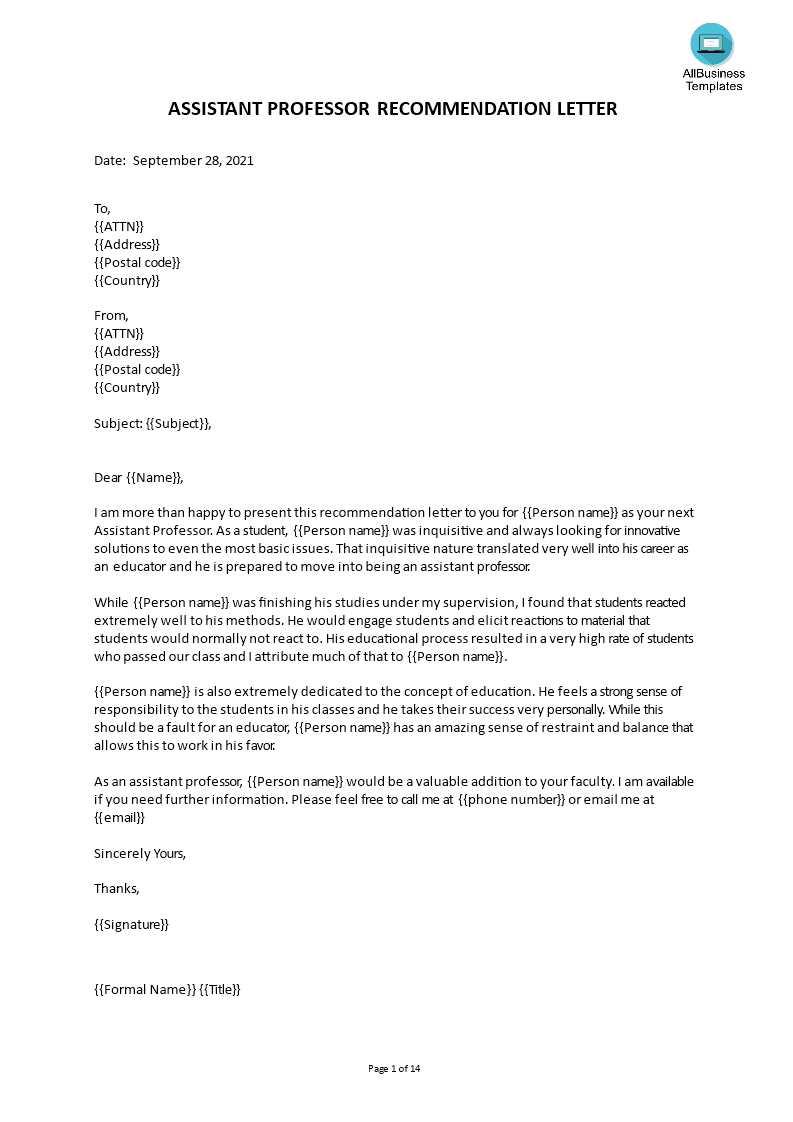
Be direct and clear when requesting a letter of recommendation. Start with a respectful greeting and explain the purpose of your request. Let the professor know why you value their endorsement, highlighting specific skills or experiences that make their recommendation significant. Keep your tone polite and professional, but also concise.
Provide the professor with key details to make the process smoother. Include information such as the program, scholarship, or job you’re applying for, along with the deadlines. Offering any relevant materials, such as your resume or statement of purpose, will help them write a more personalized letter.
Here is an example of how you might word the request:
Subject: Request for a Letter of Recommendation
Dear Professor [Last Name],
I hope you’re doing well. I am in the process of applying to [name of program/job], and I was wondering if you would be willing to write a letter of recommendation for me. I believe your insight into my [specific skills, coursework, or research] would provide valuable perspective for my application. The deadline for submission is [insert deadline].
If you need any additional information or materials, I would be happy to provide them. Thank you for considering my request.
Best regards,
[Your Name]
By following this template, you keep the request straightforward and make it easier for the professor to agree. Being organized and offering assistance with the process will show respect for their time and make the request smoother for both parties.
How to Request a Letter of Recommendation from a Professor
Clearly express your request for a letter of recommendation. Reach out via email or in person, stating your reason for asking the professor specifically. Mention any relevant courses or projects you’ve worked on together. Be polite and respectful of their time, and make your request at least 3-4 weeks in advance.
Provide details that will help the professor write a strong letter. This could include information about the program or opportunity you’re applying for, your achievements, and any skills you’d like the professor to highlight. Offer to meet in person to discuss these points, or send a summary via email.
If the professor agrees, send a formal confirmation email thanking them. Include any specific instructions or deadlines, and check in gently as the deadline approaches.
| Steps | Details |
|---|---|
| 1. Make the Request | Reach out respectfully and be specific about why you’re asking them. |
| 2. Provide Supporting Information | Send a list of achievements, goals, and any necessary application details. |
| 3. Confirm and Thank | Express gratitude once the professor agrees, and confirm any next steps. |
| 4. Follow Up | Check in respectfully if the letter isn’t submitted by the deadline. |
Choosing the Right Professor for Your Request
Select a professor who knows your work well and can speak to your strengths. A professor who has seen your progress in class, your contributions to discussions, or your commitment to projects will provide a more detailed and persuasive letter. Look for someone who is familiar with your academic goals and can highlight your qualities relevant to the program or opportunity you’re applying for.
Consider professors from courses or research projects where you demonstrated strong performance. They can speak with authority about your skills, work ethic, and potential. It’s also helpful if the professor has experience writing recommendation letters for similar applications, as they will know how to frame their support effectively.
Make sure you ask a professor who has enough time to write a thoughtful letter. A rushed or generic recommendation can hurt your chances. Contact professors early, allowing them to craft a detailed, personalized letter that reflects your achievements accurately.
If you’re unsure which professor to ask, consider the following:
- Connection: Choose someone who has worked closely with you, such as a mentor, advisor, or instructor from a class you excelled in.
- Relevance: Ask a professor whose subject matter aligns with your field of study or the program you’re applying to.
- Reputation: While not the most important factor, professors with established reputations in their field may add weight to your application.
Finally, make sure the professor is someone you feel comfortable approaching and discussing your future plans. Open communication will help ensure the letter highlights the qualities you most want to convey.
How to Start the Email Request Professionally
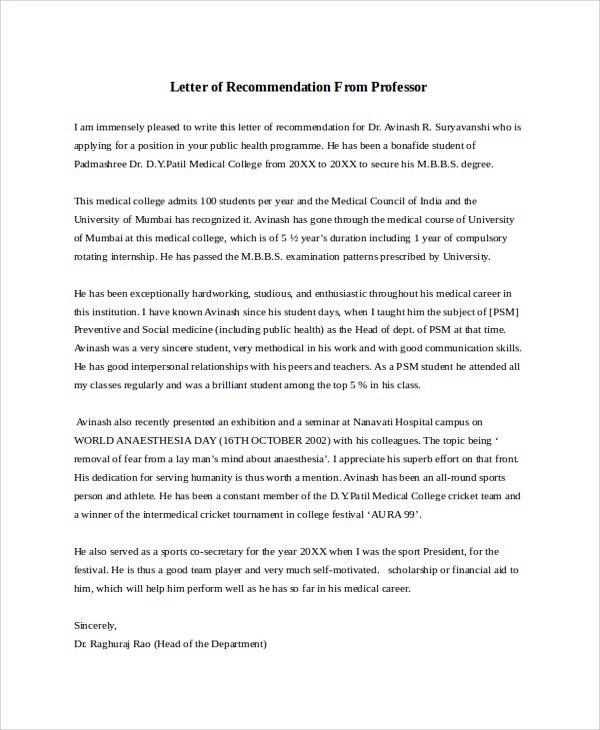
Begin by addressing the professor respectfully and clearly. Use their academic title (e.g., Dr., Professor) followed by their last name. Make sure to keep it formal, especially if you haven’t interacted recently or if you don’t have a close relationship with the professor.
- Correct: “Dear Professor Smith,”
- Incorrect: “Hey Professor Smith,” or “Hi John,”
Next, briefly introduce yourself, especially if the professor may not immediately recognize your name. State your full name, your course or department, and, if relevant, the year you took their class.
- Example: “My name is Jane Doe, and I took your Advanced Chemistry course last fall.”
- Example: “I’m a senior in the Biology Department, and you were my advisor during my sophomore year.”
Show appreciation for the professor’s time and set the tone for a polite, professional request. For example, express that you understand the effort involved in writing a recommendation letter.
- Example: “I hope you’re doing well. I know you have a busy schedule, and I would be extremely grateful if you could consider writing a recommendation letter for me.”
What Information to Include for a Strong Letter
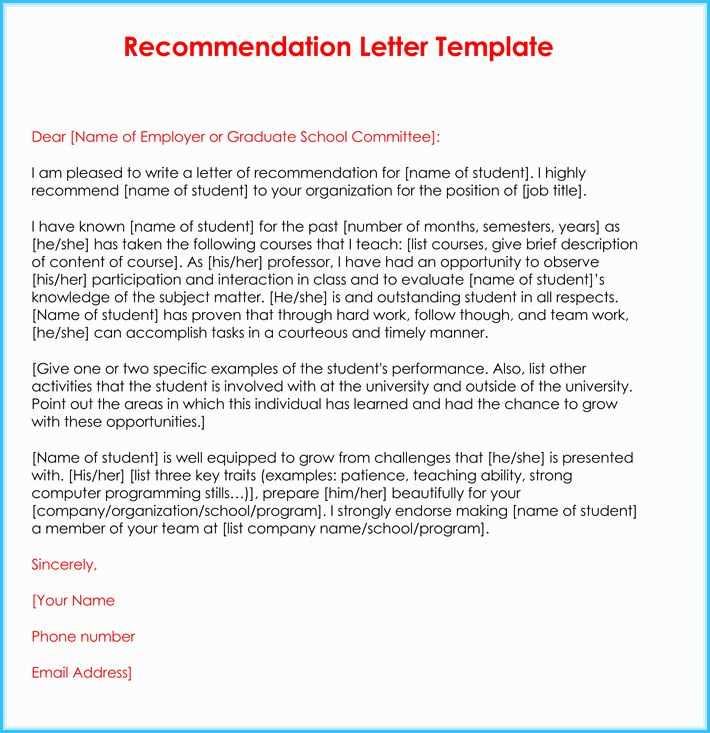
Clearly outline your academic achievements, focusing on courses you’ve excelled in or projects that highlight your skills. Mention any special recognitions, like awards or honors, to give a sense of your abilities and commitment. If the letter is for a specific program or job, provide the professor with details on what the program values or seeks in applicants.
Specific Examples of Your Work
Ask your professor to highlight particular instances where you demonstrated initiative, problem-solving, or leadership. This could include class presentations, research projects, or internships. Giving concrete examples will make the recommendation stand out more than vague praise.
Personal Traits That Support Your Application
Include a few personal qualities or characteristics that align with the opportunity. If you are applying for a research program, for example, your professor could mention your curiosity and diligence. Tailor these traits to the specific field or position you’re targeting.
Lastly, ensure your professor has a clear sense of your goals. This allows them to write with purpose and relevance, directly linking your past work and achievements to your future aspirations. A focused letter makes a stronger case for your candidacy.
How to Follow Up Without Being Pushy
Set a clear timeline when you first ask for the recommendation letter. Mention a date by which you’d like to receive it, allowing the professor to manage their time and set expectations. This helps avoid unnecessary follow-ups.
Timing is Key
If you haven’t heard back by your set date, follow up with a polite and concise email. Keep it short–simply remind them of your request and ask if they need anything further from you. Reaffirm your appreciation for their time and effort. Acknowledge their busy schedule without over-explaining.
Keep It Friendly, Not Demanding
Be mindful of the tone of your email. Avoid sounding desperate or demanding. A warm and grateful message goes a long way in maintaining a positive relationship. If you don’t get a response after the follow-up, wait a little longer before reaching out again.
Offering to Provide a Draft for the Professor
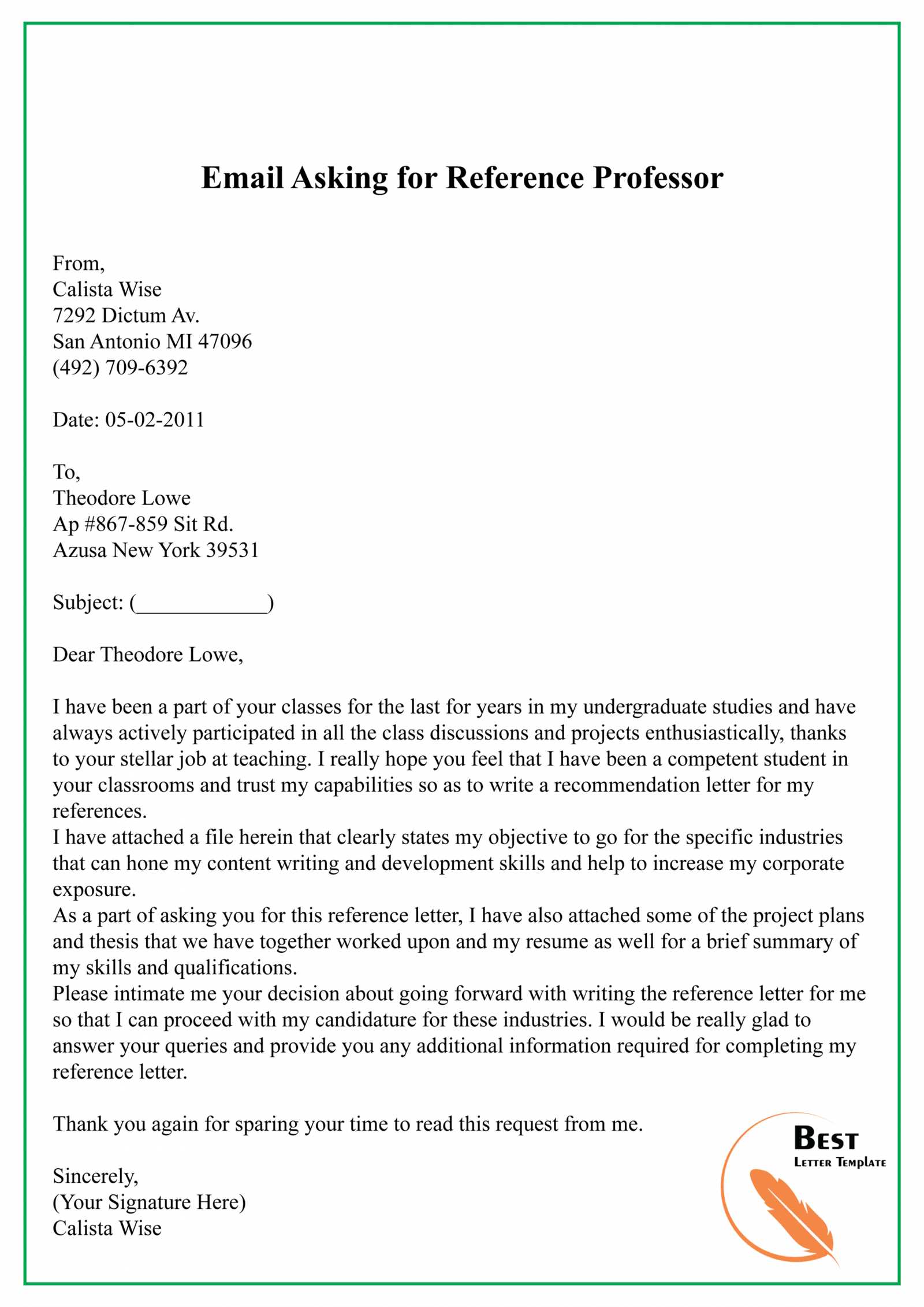
Consider offering to provide a draft of the letter to make the process easier for your professor. This approach helps by giving them a starting point, saving them time, and ensuring the letter highlights your strengths in a way that aligns with your goals. Be clear in offering a draft that is easily adjustable, allowing the professor to make any changes they see fit. This also gives them the opportunity to tailor the letter further if necessary. Make sure to outline the points you’d like to be emphasized, such as your skills, achievements, and any specific experiences relevant to the position or program you’re applying to.
Remember, your draft should be polite and professional, showcasing your gratitude for their help. Provide enough context for them to understand the purpose of the letter, but avoid being too prescriptive. Focus on making it as convenient as possible for the professor to personalize and refine the content as needed.
Expressing Gratitude After Receiving the Letter
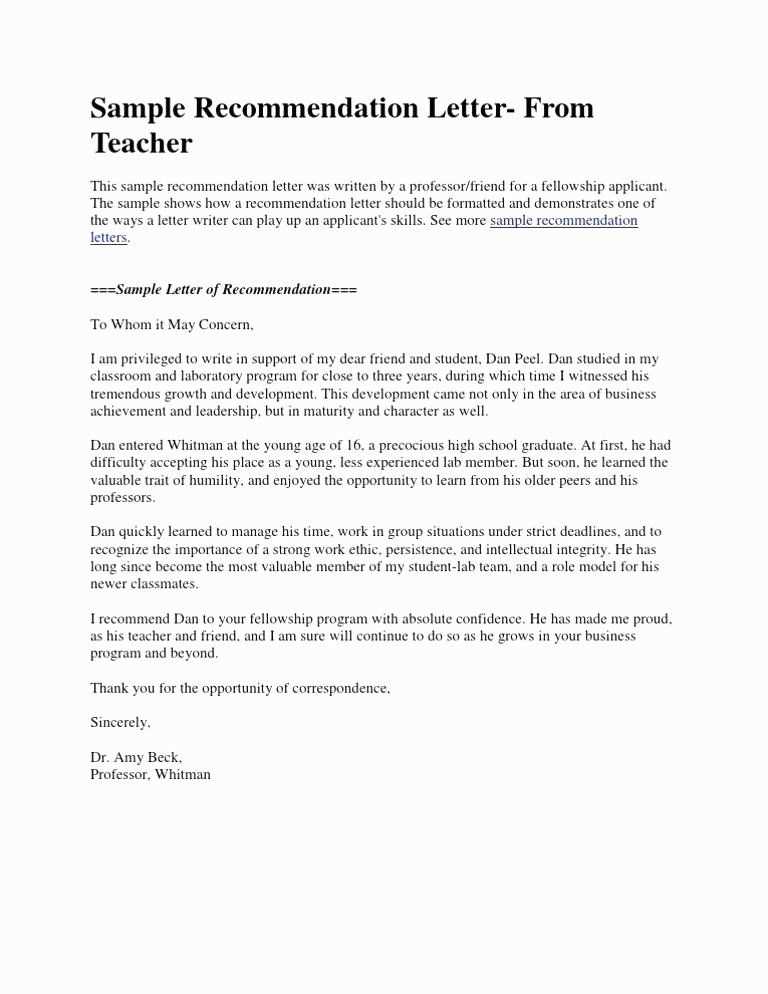
As soon as you receive a letter of recommendation, take a moment to express your sincere thanks. A short, clear message can go a long way in showing appreciation. Start by acknowledging the time and effort your professor invested in writing the letter. A simple sentence like, “Thank you so much for taking the time to write this letter for me, I truly appreciate your support” is direct and heartfelt.
Follow up by highlighting how their recommendation will help you. Mention specific details, such as how it aligns with your academic or career goals. This lets them know their effort is making a real impact. For instance, “Your recommendation really strengthens my application, and I’m confident it will make a difference in my future opportunities.”
Conclude with a brief statement expressing your gratitude again and let them know you will keep them updated on the results. It’s always nice to maintain that connection. A closing like “I’ll be sure to keep you posted on my progress. Thank you again for your invaluable help” leaves a positive impression.